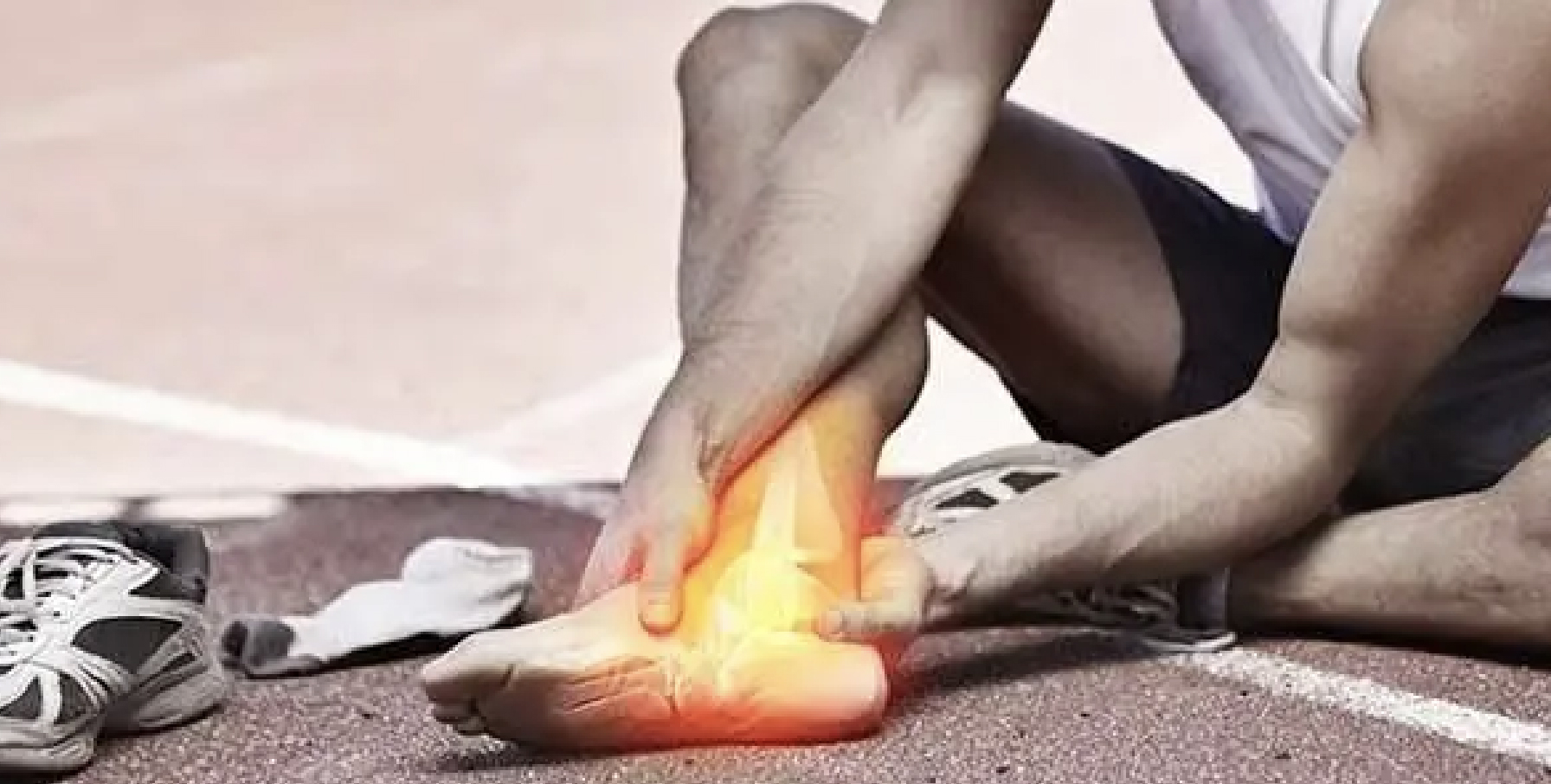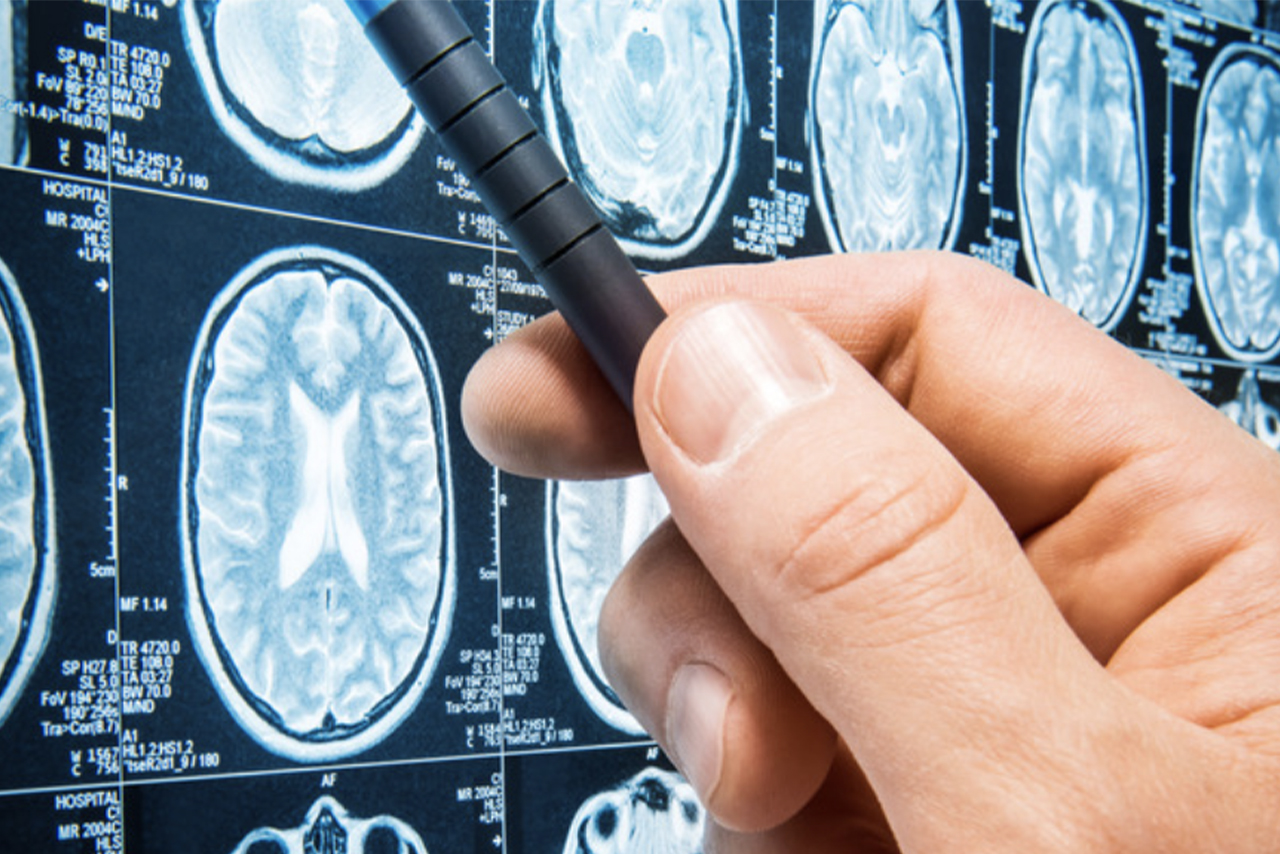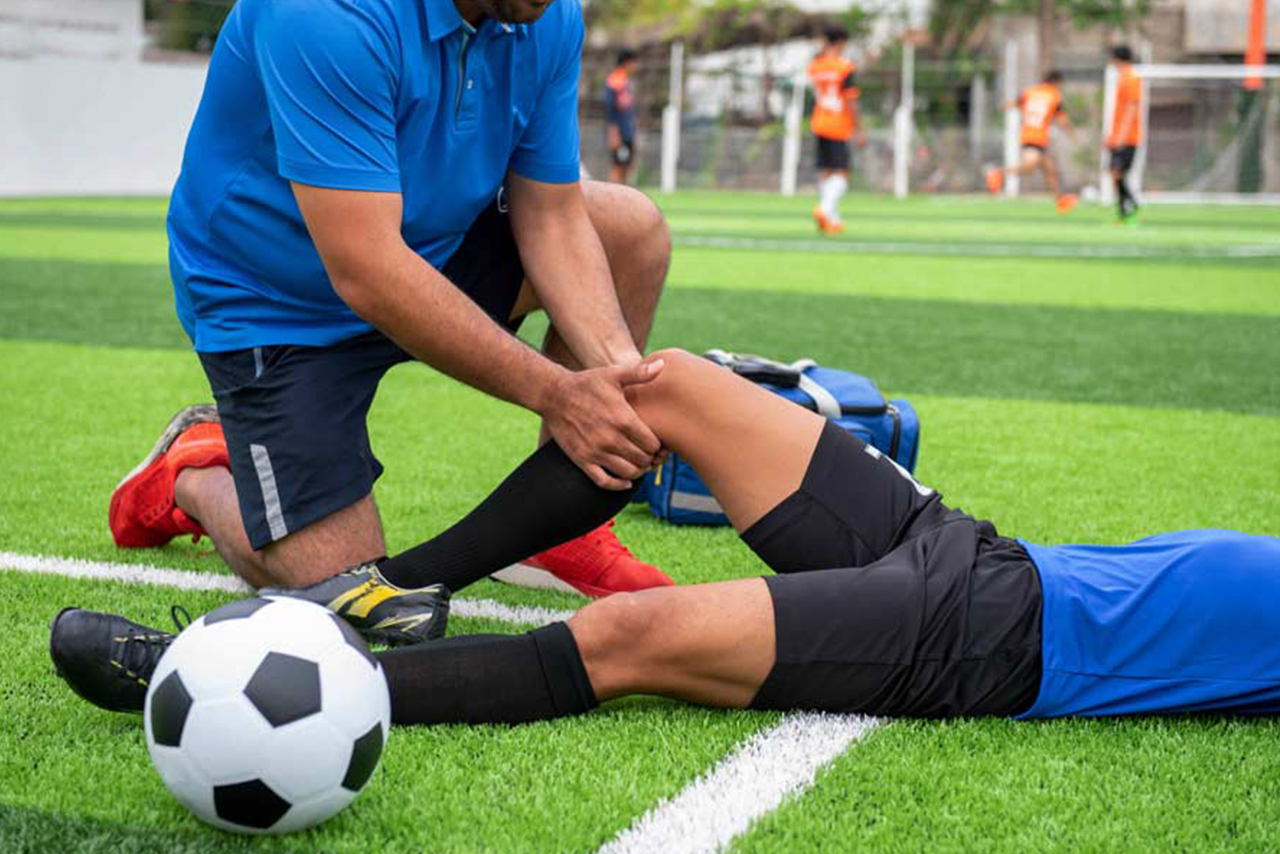Nutrition for Sports Injury Rehab: A Comprehensive Guide
As an athlete, injuries can be devastating, affecting not only your physical performance but also your mental well-being. While rest, rehabilitation, and physical therapy are essential components of the recovery process, proper nutrition often takes a backseat. However, nutrition plays a vital role in supporting the healing process, reducing inflammation, and promoting tissue repair.
In this blog, we’ll delve into the importance of nutrition in sports injury recovery and provide a comprehensive guide on the best foods to support your healing journey. Whether you’re a professional athlete or a weekend warrior, understanding how to fuel your body for optimal recovery can help you get back to your sport stronger, healthier, and more resilient than ever.
Let’s explore the role of nutrition in sports injury recovery and discover the best foods to support your healing journey.
Why Nutrition is Just as Important as Physical Therapy
When you get wounded, your body’s dietary requirements vary substantially. Your body demands a surge of important nutrients to help with healing, inflammation reduction, and tissue restoration. A well-planned diet can assist your body in recovering faster and more effectively. Here are four important ways that nutrition affects sports injury rehabilitation.
Promote Tissue Maintenance:
Adequate protein consumption is essential for healing damaged tissues, forming new tissue, and promoting cell proliferation.
Support Immune Function:
A well-balanced diet high in fruits, vegetables, whole grains, and lean protein sources can assist to boost immune function, avoid illness, and lower the risk of problems.
Reduce Inflammation:
Omega-3 fatty acids, antioxidants, and other anti-inflammatory nutrients can help to reduce inflammation, relieve pain, and improve healing.
Improve Recovery:
Consuming enough carbohydrates can assist refill energy stores, while electrolytes and fluids can help rehydrate the body, minimizing muscle cramps, weariness, and disorientation.
Focusing on nutrition during sports injury rehabilitation allows you to optimize your body’s natural healing processes, reduce downtime, and return to your sport stronger and healthier than before.

Recovery Nutrition: Foods to Eat and Avoid
During sports injury rehabilitation, it is critical to fuel your body with the proper meals to aid in the healing process. To help repair damaged tissues, consume lean protein sources such as chicken, turkey, fish, beans, lentils, and dairy products. Whole grains including brown rice, quinoa, whole wheat bread, and whole-grain noodles include intricate carbohydrates that offer energy. Fruits and vegetables such as berries, citrus fruits, leafy greens, broccoli, and bell peppers contain vital vitamins, minerals, and antioxidants. Healthy fats found in nuts, seeds, avocados, and olive oil promote heart health and satiate appetite. Fatty fish such as salmon, tuna, and mackerel contain omega-3 fatty acids, which help to reduce inflammation. Furthermore, pro-biotic-rich foods including yoghurt, kefir, kimchi, improve gut health and immunological function.
On the other side, certain meals should be restricted or avoided during sports injury rehabilitation. Processed meats such as hot dogs, sausages, and bacon are heavy in sodium and preservatives, which might slow the healing process. Sugary beverages such as soda, sports drinks, and energy drinks can cause inflammation and lower immune function. Refined crabs, such as white bread, sugary snacks, and sweetened yoghurt, can promote elevated blood sugar and insulin resistance. Fried foods, such as fried chicken, French fries, and doughnuts, are high in calories, fat, and sodium, which might slow the healing process. Finally, meals heavy in sodium, such as processed and packaged foods, soy sauce, and teriyaki sauce, can raise blood pressure and cause fluid retention.
Key Nutrients for Optimal Healing
1. Protein:
To heal damaged tissues, aim for 1.2-1.6 gram of protein per kilogram of body weight.
2. Omega-3 fatty acids:
Their anti-inflammatory characteristics can assist to reduce inflammation and improve healing. You can find them in fatty fish, flaxseeds, and chia seeds.
3. Complex carbohydrates:
Whole grains, fruits, and vegetables supply energy, fiber, and important vitamins and minerals.
4. Healthy fats:
Nuts, seeds, avocados, and olive oil contain vital fatty acids that promote heart health.
5. Antioxidants:
Vitamins C and E, beta-carotene, and other antioxidants can help lower oxidative stress and promote healing.
6. Electrolytes:
Sodium, potassium, magnesium, and calcium are required for optimal fluid balance and muscular activity. Create an alternate for that.
Conclusion
To optimize your recovery during sports injury rehab, it’s essential to fuel your body with the right nutrients. Prioritize protein, omega-3 fatty acids, complex carbohydrates, and healthy fats to support tissue repair, minimize inflammation, and boost immune function. For expert guidance and care, consider visiting Falcon Physiotherapy and Rehabilitation Centre, a trusted destination for sports injury rehabilitation. Their team of specialists will work with you to create a comprehensive recovery plan that addresses your unique needs and goals.





